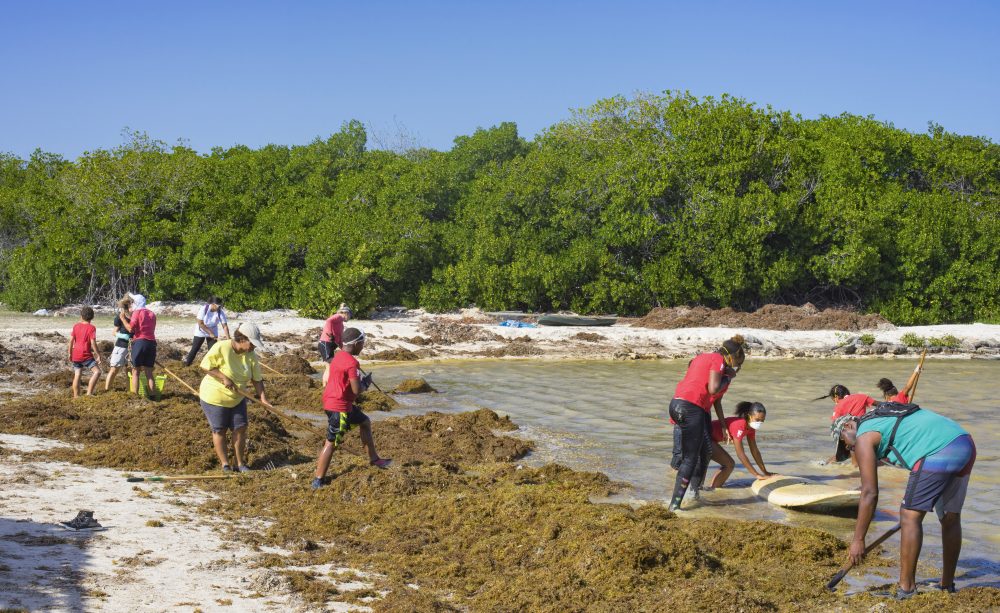
Wastewater surveillance (WWS) monitors human sewage for indicators of population health. Sewage is sampled at the level of individual buildings, institutions, or communities and brought to a laboratory to test for viruses, bacteria, or chemicals that reflect human health or health behaviors. WWS for drugs, infectious agents, and pollution is a cost-effective tool for public health. WWS has helped monitor polio outbreaks and opioid use at a population level. WWS expanded globally during COVID-19, providing cost-effective advance warning of infections. WWS provides data at the institutional and community level. Efforts are underway across the world to expand WWS health indicators and geographic reach.
Many social science questions are raised by the expansion of WWS, including how decision makers use this new source of data, and what supports they need to do so (legal/policy/decision making). The general public does not have a strong understanding of WWS, which may limit their trust, support for and policies based on WWS, or taking personal actions (social/communication/education). There are ethical questions about the privacy and data use issues inherent in monitoring the waste from known, and potentially identifiable, groups of people (ethics/privacy/data use). Research has focused on the technology of WWS, but little social science has explored ethics, communications, and policy use. Social science has been limited in part because the multidisciplinary nature of WWS does not align with existing funding streams and differences in approaches in different countries. Initial efforts to do so have been isolated by region and discipline.
Through the support of the RDF, we will develop a social science research network and agenda for to inform communication, decision support, and ethical guidance for WWS. The network will be digital, culminating in a remote meeting for a broader group of researchers. We will create a project website, short video, and submit a manuscript to disseminate results.